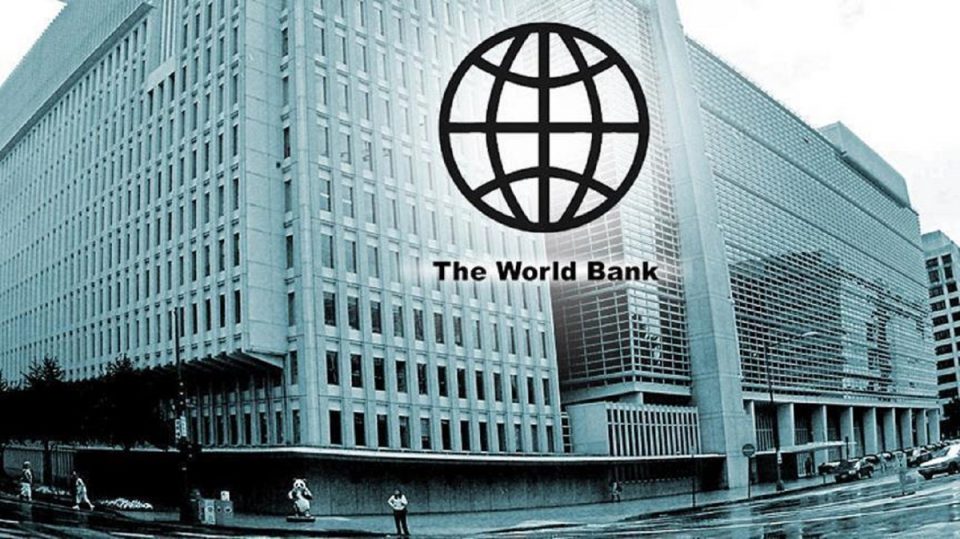Nigeria’s increasing crude oil production reduces OPEC’s declining outputs
Nigeria’s rising crude oil production has reduced the declining output by the other member countries of the Organisation of Petroleum Exporting Countries (OPEC), a survey has shown.
According to the survey, crude oil output from OPEC fell only slightly in June as rising production levels in Nigeria and Iraq limited the impact of cutbacks by other member countries.
A Reuters survey did not indicate the actual volume of the commodity produced by Nigeria, but the country which registered improvement during the month under review, has been unable to meet its OPEC production allocation for over 30 months.
OPEC and Nigeria’s upstream regular had yet to release the data for June as of yesterday.
Nigeria’s crude oil production had picked up in the last quarter of last year and has since continued to grow slowly, except in April when the output fell to roughly 1 million barrels per day.
Reuters report stated that OPEC pumped 28.18 million barrels per day in June, down 50,000 bpd from May’s revised figure when output dropped by 240,000 bpd as the latest cut took effect.
The survey suggested little further progress by OPEC in limiting supply ahead of a further voluntary reduction by Saudi Arabia which took effect yesterday, as part of the producers’ latest agreement made in June to support the market.
Several members of OPEC+, which include OPEC and allies such as Russia, had in April pledged voluntary cuts on top of those made in late 2022 as the economic outlook worsened.
For May, six OPEC members agreed to cut output by a further 1.04 million bpd, adding to about 1.27 million bpd of reductions already in place. The curbs remained in place for June.
The Saudi-led OPEC group came down hard in Nigeria last month when it slashed the country’s baseline from 1.742 million barrels per day to 1.38 million bpd for 2024 after Nigeria failed consistently to meet the expected volume allocated by the international oil cartel.
Last week, THISDAY reported that in the first five months of 2023, Nigeria only recorded production of just 56 per cent of the total expected output, according to its analysis of data from the Nigerian Upstream Petroleum Regulatory Commission (NUPRC).
The data indicated that whereas the country was expected to produce an estimated 261.3 million barrels between January to May, given the about 52.26 million barrels projection every month, Nigeria’s total volume between January and May 2023, was 181.5 million barrels.
The slump in production, which had become more pronounced since 2020, left a deficit of 80 million barrels of crude oil not produced during the period.
In monetary terms, at a conservative oil price of $70 a barrel during the period, it means that Nigeria, between January and May 2023 lost a whopping gross sum of $5.6 billion due to underproduction of its crude oil quota.
In all, out of the over 52 million barrels expected monthly volume, the country’s output was 39 million barrels in January, 36.5 million barrels in February, and 39.3 million barrels in March.
April was the most hit in terms of the low volume of oil drilled, with Nigeria only able to produce 29.95 million barrels out of the over 52.3 million barrels expected cumulative production for the month. In May, the country produced 36.69 million barrels to continue the country’s deficit run.
Reuters said that OPEC’s output was still undershooting the targeted amount by almost 1 million bpd partly because Nigeria and Angola cannot pump as much as their agreed level, even though Nigeria’s production edged up marginally.
OPEC’s Gulf producers Saudi Arabia, Kuwait, and the United Arab Emirates have largely implemented their voluntary cuts and continued to show high compliance in June, the survey found.
Saudi Arabia lowered its output by 40,000 bpd, according to the survey, the biggest decline among the nations required to limit output.
OPEC’s biggest decline, of 50,000 bpd, was seen in Iran, where exports fell back from a usually strong level in May, the survey found. Iran, along with Libya and Venezuela, is exempt from OPEC cuts.
“Nigeria also posted a further small gain with exports holding strong from key streams, the survey found, although it is pumping much less than allowed under the OPEC+ deal,” the Reuters report stressed.
The survey tracks supply to the market based on shipping data provided by external sources, Refinitiv Eikon flows data, information from companies that track flows such as Petro-Logistics and Kpler, and information provided by sources at oil companies, OPEC, and consultants.
Meanwhile, oil prices rose above $75 a barrel at the weekend but were on course for a fourth consecutive quarter of losses amid concerns over sluggish global economic activity and fuel demand.
Benchmark Brent crude futures, for September delivery, were up 82 cents, or 1.1 per cent, at $75.33 a barrel while the less-traded front-month contract, was up 52 cents at $74.86.
The contract was on track for a six per cent decline in the three months to the end of June, marking a fourth straight quarterly decline.
United States West Texas Intermediate crude (WTI) was up 86 cents or 1.2 per cent to $70.72. The contract was down 6.5 per cent quarterly, its second consecutive quarterly drop.




